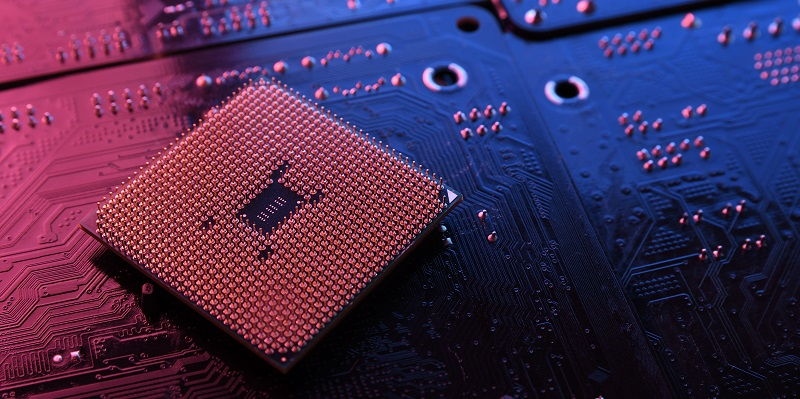Gigabyte has officially announced the addition of support for the highly anticipated AGESA 1.1.0.0 BIOS firmware. This firmware update brings compatibility for AMD’s next-generation Ryzen APUs on the AM5 desktop platform, which marks an exciting milestone for PC enthusiasts and gamers alike.
Gigabyte Joins ASRock and ASUS
Following in the footsteps of ASRock and ASUS, Gigabyte has become the third major motherboard manufacturer to offer support for AGESA 1.1.0.0 BIOS firmware. This move highlights their commitment to delivering the latest technology and ensuring their users can take full advantage of the upcoming Ryzen APUs.
Release Date for AM5 Next-Gen APU
According to trusted sources, the much-anticipated AM5 next-gen APU is set to be launched at the end of January 2024. This launch date has generated significant excitement among the PC community as it signifies the arrival of a new era in computing performance and innovation.
Previous BIOS Releases
While the 1.1.0.0 BIOS firmware is not the first to introduce Ryzen APU support, previous releases were marred by numerous bugs and issues. Gigabyte’s commitment to delivering a stable and reliable BIOS version with AGESA 1.1.0.0 is a welcome development for those who have experienced the frustrations of unstable firmware.
Stability and Future Optimization
Though the AGESA 1.1.0.0 BIOS firmware is expected to provide a solid foundation, there is still room for improvement and optimization in future patches. Gigabyte’s dedication to ongoing support and optimization ensures that users can expect enhancements in performance and compatibility as the technology continues to mature.
Gigabyte Motherboard Options
Gigabyte is offering the AGESA 1.1.0.0 BIOS firmware across a range of their motherboard models, including the X670, B650, and A620 series. These motherboards have been carefully selected to provide optimal compatibility and performance for users who want to harness the power of the next-gen Ryzen APUs.
Ryzen 8000 APUs with Zen 4 & Zen 4C Cores
Recent reports suggest that the upcoming AMD Ryzen APU lineup for AM5 desktops will be branded as Ryzen 8000 and will feature four SKUs with both Zen 4 and Zen 4C core configurations. This exciting combination promises enhanced performance, efficiency, and multitasking capabilities for users across various computing needs.
DDR5 Memory and PCIe Gen 5.0 Support
The Ryzen 8000 APUs will mark a major milestone by becoming the first desktop APU lineup to support DDR5 memory and PCIe Gen 5.0 connectivity. These advancements will unleash new levels of performance and bandwidth, enabling users to experience faster data transfer speeds, smoother multitasking, and superior gaming experiences.
Suitable Motherboard Choices
When it comes to pairing the Ryzen 8000 APUs with the right motherboard, choices from the A620 and B650 series make the most sense. These motherboards cater to budget-conscious and mainstream users, providing an excellent balance of performance, features, and affordability to complement the capabilities of the Ryzen APUs.
Progress Towards Launch
With motherboard manufacturers actively rolling out BIOS updates to support AGESA 1.1.0.0, it is clear that the launch of the Ryzen 8000 APUs on the AM5 desktop platform is getting closer. PC enthusiasts and users eagerly anticipate further details and information in the coming months as they prepare to witness the next evolution in AMD’s processor technology.
Gigabyte’s confirmation of support for AGESA 1.1.0.0 BIOS firmware marks a significant step towards the launch of AMD’s next-generation Ryzen APUs on the AM5 desktop platform. With the inclusion of the Ryzen 8000 series, DDR5 memory support, and PCIe Gen 5.0 connectivity, users can look forward to unparalleled performance and innovation. As Gigabyte and other motherboard manufacturers continue to optimize their offerings and deliver stable firmware updates, the future of computing is set to reach new heights. Stay tuned for more exciting developments in the coming months!

